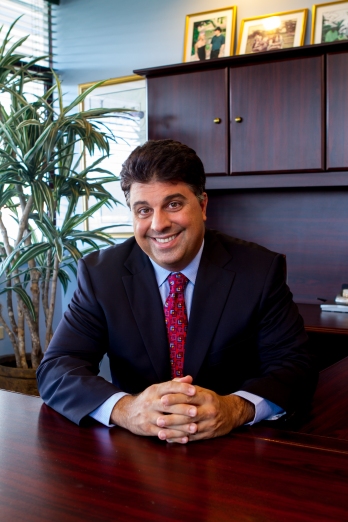Model student and businessman Joe Issa who, in a May 2016 blog urged support for the idea of teaching entrepreneurship in schools, has hailed the recent announcement that it would be done come September, 2017.
According to the announcement, all Grade nine students in 168 high schools will study entrepreneurship as part of the school curriculum in the September 2017/18 academic year.
In an interview about the new development, Issa said the move will revolutionize the way society views school education, in terms of its ultimate utility value – to help find or create jobs.

Chairman Joe Issa with his Cool Team
“I have always believed that entrepreneurship can potentially change how we see education particularly, the traditional view of a means to a job upon leaving school.
“Now we know better, we should want more from a school education. We can redirect students’ mentality towards having greater knowledge and imagination, and wanting to change their future for the better, and by extension the Jamaican economy and society.
In the big picture we see a Jamaica facing enormous challenges, particularly competition, as we have to operate in a world without borders, with markets constantly changing and becoming increasingly competitive.
“That’s where entrepreneurship comes in. This means Jamaica has to be innovative and willing to take risks, otherwise we won’t be able to change the colour of the bottom line from red to black, let alone make the economy more competitive.
“So teaching entrepreneurship from an early age is a move that will grow a generation of innovative minds able and willing to establish new businesses and manage them properly knowing the risks involved,” said Issa, an economics and accounting major, who founded the Cool Group of over 50 companies.
In last year’s blog Issa equated the impact of teaching entrepreneurship in schools to getting two bites of the cherry,
“Firstly, we will have created the next generation of Jamaican entrepreneurs, not only to continue and build on the business landscape, but to modernize processes to international best practices; and secondly, with about half of school leavers going into business, this will not only reduce the competition for scarce jobs, but will add new jobs to the market,” Issa explained.
Stating that the move also has the potential to unlock investments, Issa says, “There is a saying that there is always more money than there are good projects, which means that if you have a good project, you will find the money to fund it, either from the bank, the government’s support fund to assist the growth of the small and medium size business sector, or private investors.”
Pointing out the importance of maintaining the highest standard of education in schools, he said, “We should continue to emphasize preparation for matriculation to higher education or top entry level jobs, both of which have been known to be used as a stepping stone for entry into business.”


 been hailed a strategic one with elements of sustainability, by addressing the disadvantages early and giving affected children a fighting chance to become future scholarship candidates.
been hailed a strategic one with elements of sustainability, by addressing the disadvantages early and giving affected children a fighting chance to become future scholarship candidates.



